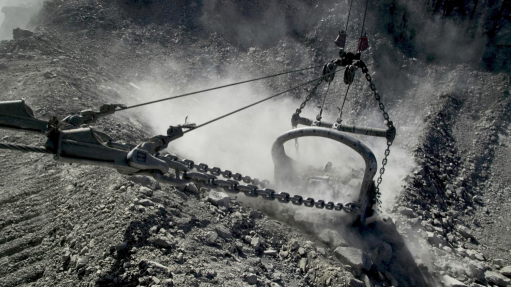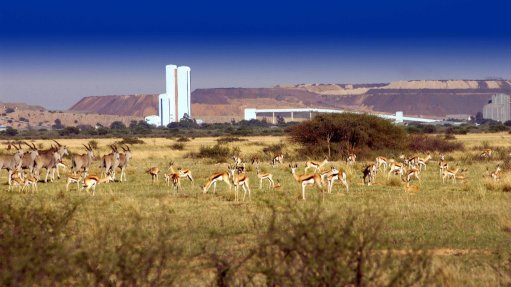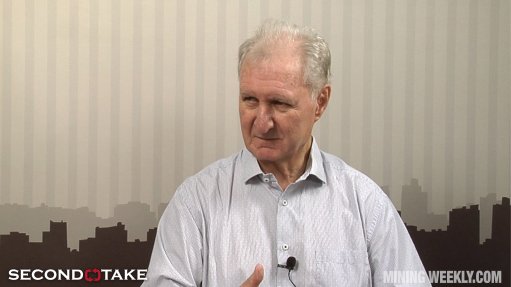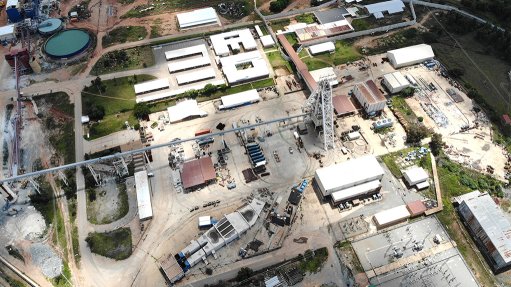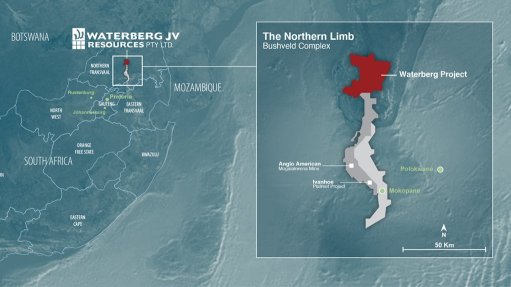Failure to adopt ESG principles will resonate throughout business

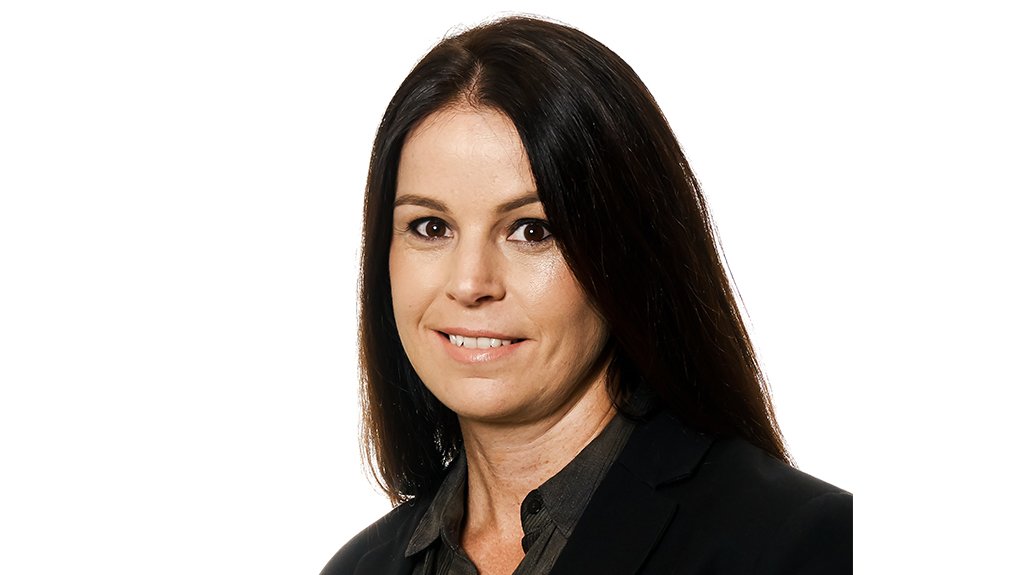

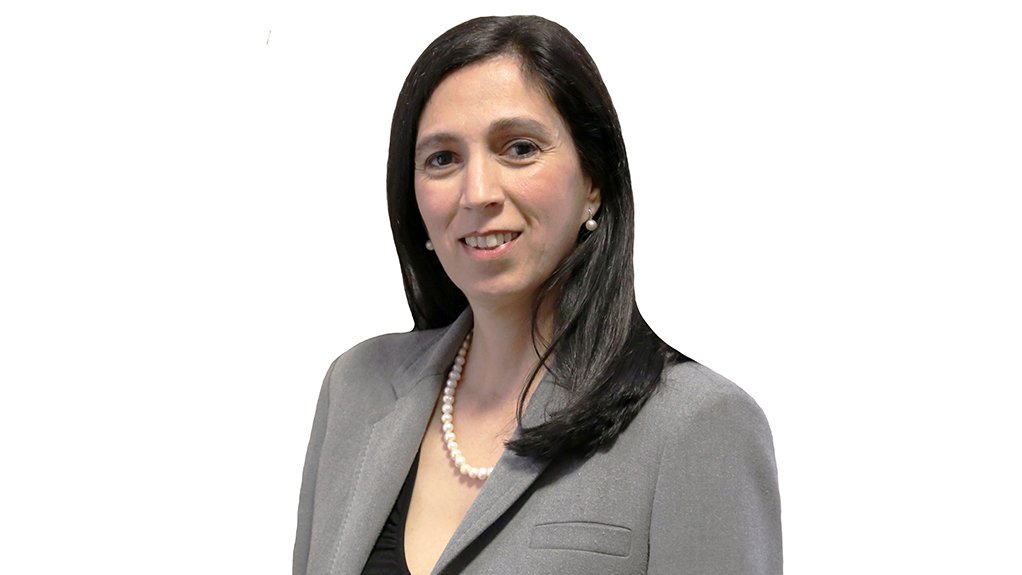

RITA SPALDING ESG will become increasingly important in securing and retaining mining permits
GARYN RAPSON As the broader principles of ESG have taken hold, the concept of a social licence to operate has expanded
MARIA PHILIPPIDES One of the biggest global reinsurers said that it will no longer offer insurance to oil and gas projects if the project owners cannot show that they have an independently verified and signed plan to achieve net-zero emissions by 2050
SEAN TESTA Given that this is the first major physical gathering of the Mining Indaba since the onset of Covid-19, Webber Wentzel is looking forward to reconnecting with many of its current and prospective clients
Increased cognisance of environmental, social and corporate governance (ESG) principles ensure that ESG, as a concept, will continue to impact on all aspects of mining. ESG will become increasingly important in securing and retaining mining permits, says African law firm Webber Wentzel partner and mining and mineral law specialist Rita Spalding.
Moreover, an interdependence exists between companies’ ESG compliance, their social licence to operate (SLO), and their ability to secure funding and attain financial sustainability.
Consequently, should a mining company fall short of meeting its ESG or SLO objectives, it would jeopardise its ability to attract investment and, therefore, its ability to achieve sustainability in an industry that is already inherently cyclical.
Partner and environmental law specialist Garyn Rapson elaborates, noting that the concept of an SLO is evolving as the understanding and importance of ESG develops. “Historically, maintaining an SLO meant having the right permits in place, complying with the law and having appropriate corporate governance structures. As the broader principles of ESG have taken hold, the concept has expanded.”
Mining dispute resolution specialist Merlita Kennedy agrees, commenting that: “Social issues related to the SLO are becoming increasingly prominent. Failure to proactively address these social issues can result in community disputes which, for mining companies, can result in loss of finances, productivity, lost opportunities, lost time, and adverse impacts on reputation. They also increase the trust deficit between mines and these communities.”
She notes that mining companies partnering with communities and other stakeholders for social upliftment is a strategic priority. “Establishing an SLO provides for more sustainability and improved living conditions, while also potentially reducing economic risks for the company.”
Notably, Webber Wentzel expects ESG to play a part in acquiring insurance, says partner specialising in insurance Maria Philippides.
“Insurance and ESG are expected to overlap in two ways. Firstly, there are new trends in directors’ and officers’ (D&O) liability insurance. In the US, a major global broking firm last year released a D&O policy that offers preferred policy terms and conditions on ESG-related exposures to companies that can meet independently-evaluated ESG frameworks. This D&O policy could be a positive move for mining companies that can show they have verifiable policies in place to deal with issues related to, for example, the environment.
”Secondly, Philippides notes that one of the biggest global reinsurers said that it will no longer offer insurance to oil and gas projects if the project owners cannot show that they have an independently verified and signed plan to achieve net-zero emissions by 2050. “This trend could extend to other resources companies, including South African miners; if they cannot demonstrate that they have appropriate environmental or social policies, they may not be able to get insurance from major insurers around the world.”
She comments that an additional concern is related to war, or the possibility of future wars, stating that mining companies wanting to do business with, for example, sanctioned countries or entities, may not be able to acquire insurance from global companies. “If South Africa were to impose sanctions on certain countries, mining companies would also be unable to get insurance cover from global insurers, if they were doing business with those countries.”
Philippides adds that a likely future trend is that insurers will weight premiums or apply penalties on insurance for rehabilitation liabilities – which is currently offered to South African mining companies – if they do not have appropriate environmental policies. “These policies are renewed yearly, so it would affect both new and existing clients.”
Green Financing
As climate change is becoming “an urgent issue for mining companies” that they must address by, among others, safeguarding water resources, addressing potential impacts on employer safety, owing to extreme weather events and higher temperatures, and participating in the ‘just energy transition’.
“Mining companies must consider alternative energy, reducing their carbon footprints and their impact on the environment. Only the ‘green’ mines will survive – the others will find it difficult to attract debt and equity,” says Rapson.
Partner and banking and finance specialist Rashaad Carrim notes that green finance products could benefit mining companies who engage in activities that could contribute to the green economy, such as extracting battery metals. These products also benefit mining companies looking for funding for decarbonisation and transition projects, or those looking to fund green projects as part of their operational and socioeconomic activities.
“However, the conditions related to such funding are strict, and investors are wary of the potential for greenwashing. Notably, these new ‘green’ investors prioritise ethical business over returns only.”
He suggests that, given the commitment to carbon neutrality, coal, in particular, is seen as a stranded asset, even though the latest energy crisis has indicated a continuing need for coal, at least in the medium term.
Nevertheless, to achieve the goals of the Paris Agreement, coal companies, as entities with some of the highest emissions levels, must reimagine themselves, planning and implementing transition pathways in a world that has renewed climate priorities. “In light of this, green and sustainable bonds can be an important tool for coal companies to tap into, to finance these transitions.”
Carrim adds that the South African bond market is in a unique position in that it has a developed and large capital market with frequent bonds issuers. Green bonds, “which are, by their nature and design, straightforward products” are expected to offer a clear, simple and successful form of financing for mining projects in future.
Comments
Press Office
Announcements
What's On
Subscribe to improve your user experience...
Option 1 (equivalent of R125 a month):
Receive a weekly copy of Creamer Media's Engineering News & Mining Weekly magazine
(print copy for those in South Africa and e-magazine for those outside of South Africa)
Receive daily email newsletters
Access to full search results
Access archive of magazine back copies
Access to Projects in Progress
Access to ONE Research Report of your choice in PDF format
Option 2 (equivalent of R375 a month):
All benefits from Option 1
PLUS
Access to Creamer Media's Research Channel Africa for ALL Research Reports, in PDF format, on various industrial and mining sectors
including Electricity; Water; Energy Transition; Hydrogen; Roads, Rail and Ports; Coal; Gold; Platinum; Battery Metals; etc.
Already a subscriber?
Forgotten your password?
Receive weekly copy of Creamer Media's Engineering News & Mining Weekly magazine (print copy for those in South Africa and e-magazine for those outside of South Africa)
➕
Recieve daily email newsletters
➕
Access to full search results
➕
Access archive of magazine back copies
➕
Access to Projects in Progress
➕
Access to ONE Research Report of your choice in PDF format
RESEARCH CHANNEL AFRICA
R4500 (equivalent of R375 a month)
SUBSCRIBEAll benefits from Option 1
➕
Access to Creamer Media's Research Channel Africa for ALL Research Reports on various industrial and mining sectors, in PDF format, including on:
Electricity
➕
Water
➕
Energy Transition
➕
Hydrogen
➕
Roads, Rail and Ports
➕
Coal
➕
Gold
➕
Platinum
➕
Battery Metals
➕
etc.
Receive all benefits from Option 1 or Option 2 delivered to numerous people at your company
➕
Multiple User names and Passwords for simultaneous log-ins
➕
Intranet integration access to all in your organisation










